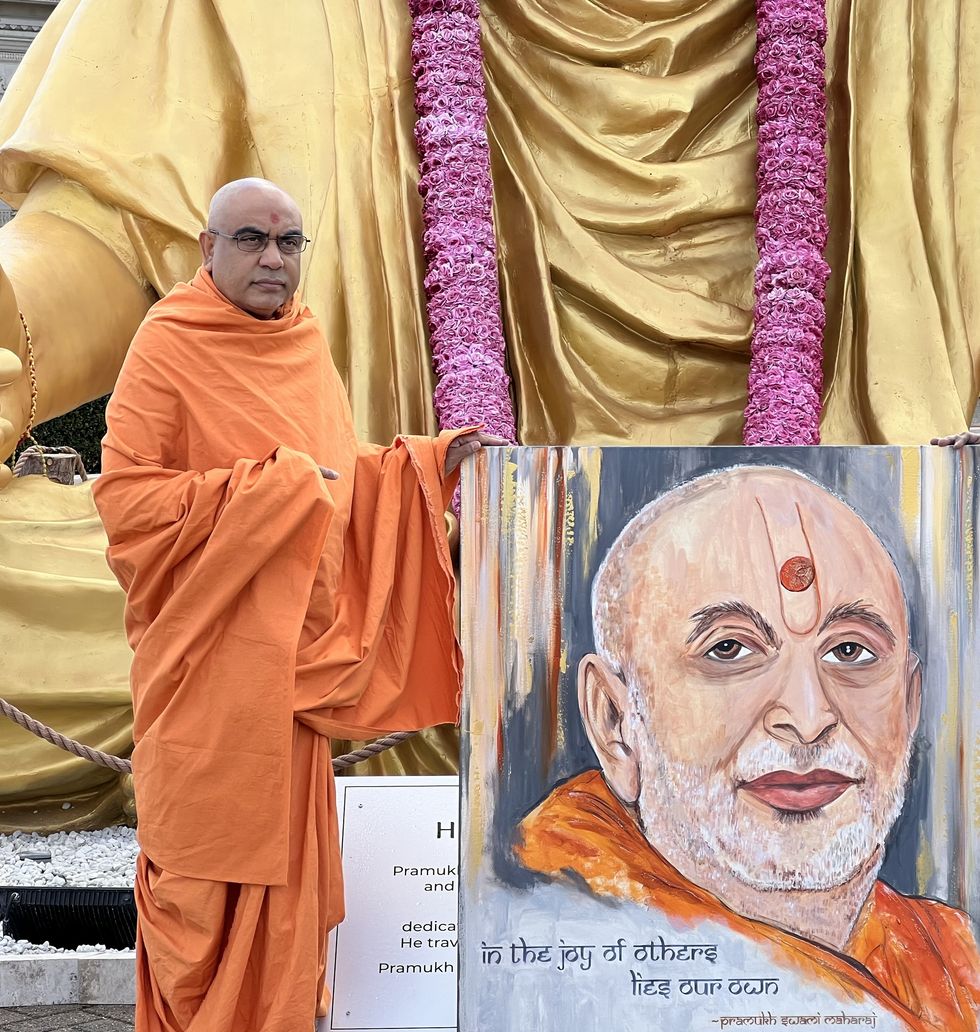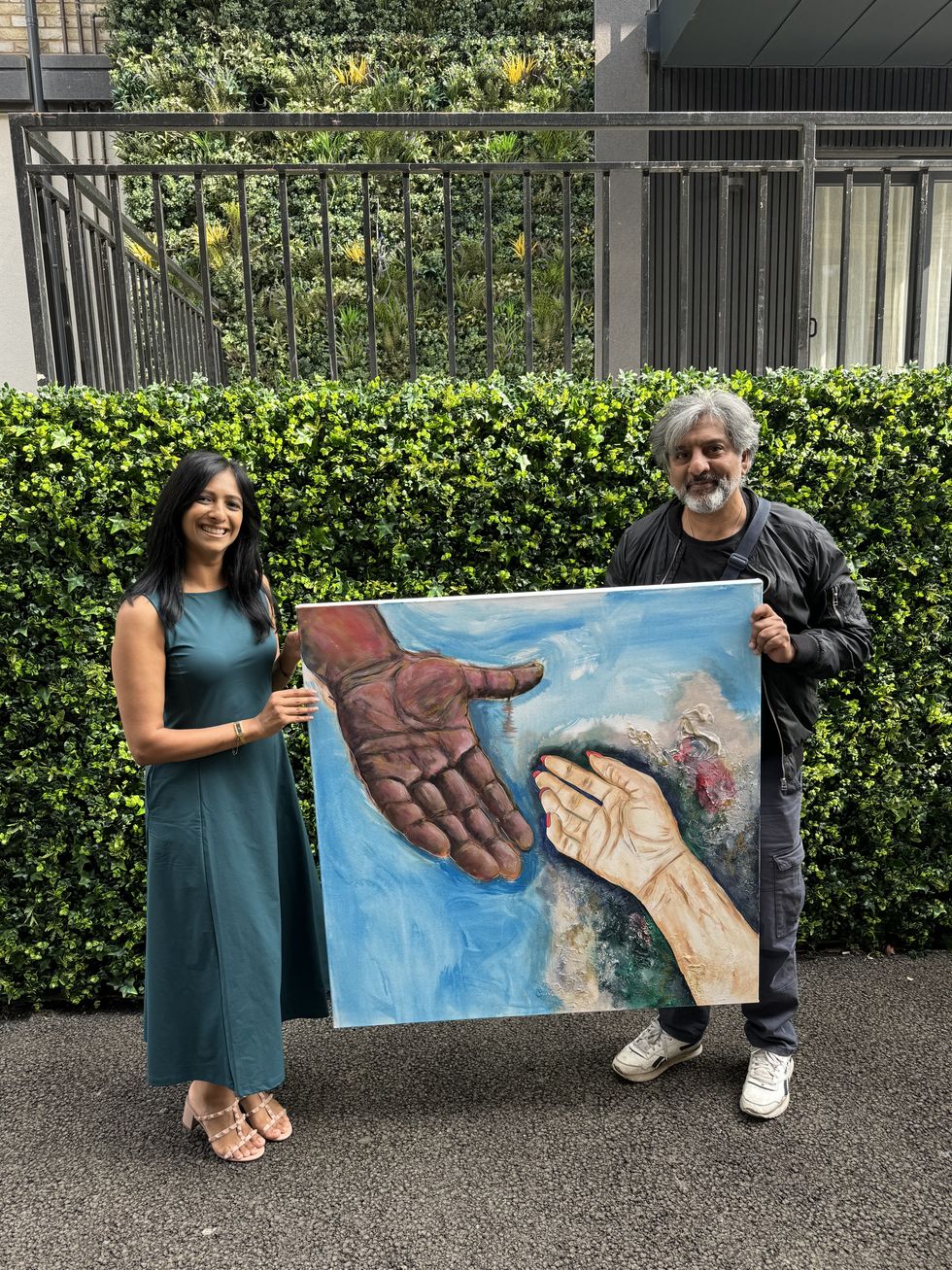Australian cricket star Steve Smith is hoping the Indian Premier League will be held "at some stage" as sports events around the world remain on hold because of the coronavirus.
The cricket calendar has been hit hard by the deadly pandemic, including India's lucrative and star-studded IPL Twenty20 tournament, which was due to begin on March 29.
The opening match was pushed to April 15 but it is unclear if the this year's IPL will be played at all or cancelled altogether.
"Plenty going on in the world at present, but hopefully we can get an IPL at some stage," said Smith, in a podcast published Tuesday by IPL side Rajasthan Royals, which he captains.
"The two seasons that I captained the Royals were both half seasons. Shane Watson gave me the captaincy in 2015 and then last year out of the blue, I took over at the back end of the season," he added.
"Looking at having a crack at it full time and the Royals have a pretty good squad."
Aside from the IPL, Smith also has his eyes on another big prize: winning a Test series in India.
"As an Australian cricketer -- Ashes is always big and World Cups are big," he told New Zealand spinner Ish Sodhi in the Royals podcast.
"But now India is the number one team in the world, it's a very difficult place to play Test cricket, so I'd love to be able to win a series there," added Smith, currently the top-ranked Test batsman in the world.
Australia are not scheduled to tour India until 2022.
Smith, 30, was captain of the Australian Test side before he was punished for his role in a ball-tampering scandal in 2018 and hit with a two-year leadership ban.
That ban expired last month, sparking speculation that he could return to the helm.
Smith is widely considered one of the modern-day giants of batting, having scored 7,227 runs -- including 26 centuries -- in 73 Tests.
He had narrowly missed out on his series dream in 2017 when India edged the visiting Australians 2-1 in a bitterly fought campaign.
Ricky Ponting remains the only Australian captain to have won a Test series in India -- in 2004-05.















 Prabhas in a still from Kalki 2898 AD which completed one yeargetty images
Prabhas in a still from Kalki 2898 AD which completed one yeargetty images Kalki 2898 AD became one of the top three biggest openers in Indian cinemagetty images
Kalki 2898 AD became one of the top three biggest openers in Indian cinemagetty images Kalki 2898 AD brought together sci-fi and mythology in a first-of-its-kind Indian filmgetty images
Kalki 2898 AD brought together sci-fi and mythology in a first-of-its-kind Indian filmgetty images Prabhas plays the futuristic warrior Bhairava in Kalki 2898 AD getty images
Prabhas plays the futuristic warrior Bhairava in Kalki 2898 AD getty images Prabhas in action during a high-intensity sequence from Kalki 2898 ADgetty images
Prabhas in action during a high-intensity sequence from Kalki 2898 ADgetty images
 Kulsuma Aktergetty images
Kulsuma Aktergetty images
 Shreena Patel
Shreena Patel
 Shreena Patel's work
Shreena Patel's work Shreena Patel's work
Shreena Patel's work

 Shreena Patel's work
Shreena Patel's work Shreena Patel's work
Shreena Patel's work